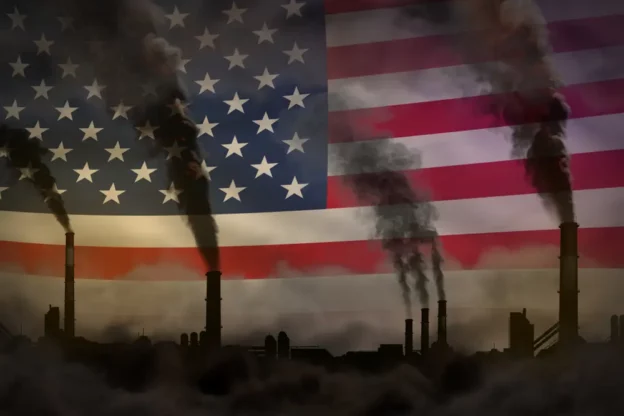Inspenet, November 9, 2023.
President Joe Biden’s administration is promoting an initiative that would allow carbon capture and storage (CCS) on vast tracts of federal lands owned by the US Forest Service.
This proposal opens the possibility of establishing carbon storage projects on the 193 million acres of federal lands located in 44 states and managed by the Forest Service. This regulation could support the Biden administration’s effort to expand the use of CCS, a technology that captures carbon dioxide and stores it in deep underground geological formations.
Likewise, the initiative seeks to eliminate an existing Forest Service restriction that prohibits projects from having “exclusive and perpetual use” of federal lands. Since carbon capture and storage projects retain CO 2 for thousands of years, the agency argues that this restriction needs to be lifted to allow the projects to move forward. However, projects will continue to be subject to other approval requirements and environmental assessments.
Carbon storage in the US
In the United States, interest in carbon capture and storage has grown due to attempts to take advantage of $12 billion in new funding from the Infrastructure Act of 2021 and the expansion of the “45Q” tax credit, which pays up to $85 per metric ton of CO2 stored in geological formations.
Additionally, the Inflation Reduction Act offers tax credits for clean hydrogen and low-carbon renewable fuels, which will likely rely in part on carbon capture and storage technology.
However, proponents of these projects have encountered challenges in trying to obtain the necessary regulatory approvals for the carbon dioxide pipelines and Class VI injection wells required for carbon capture and storage.
Democratic Senator Joe Manchin, chairman of the US Senate Energy and Natural Resources Committee, expressed criticism Thursday of the Environmental Protection Agency for still not approving permits for 169 carbon injection wells, saying at the same time that he proposed the implementation of carbon capture and storage in power plants that use fossil fuels.
Don’t miss any of our news and follow us on social networks!
Inspenet: https://inspenet.com/
YouTube: https://www.youtube.com/@inspenet
LinkedIn: https://www.linkedin.com/company/inspenetnetwork
Facebook: https://www.facebook.com/inspenetnetwork
Instagram: https://www.instagram.com/inspenet/
Source: https://www.worldenergytrade.com/oil-gas/general/estados-unidos-quiere-permita-el-almacenamiento-de-carbono-en-terrenos-federales


